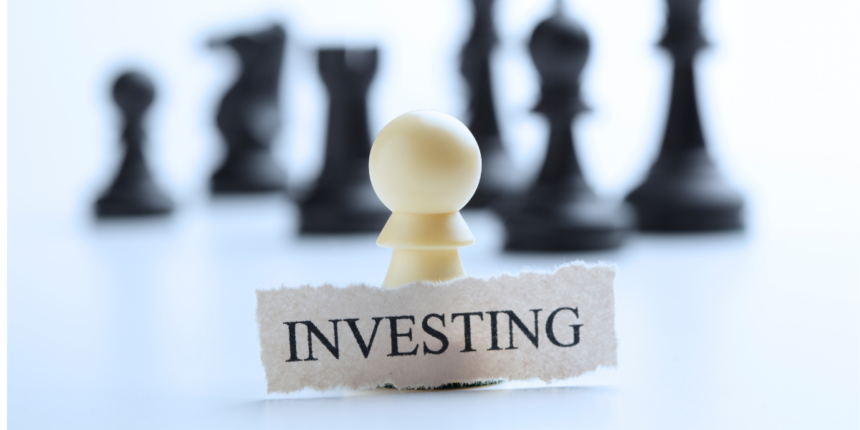In a detailed financial analysis, 7Investing Founder Simon Erickson has developed a model estimating Tesla (NASDAQ:TSLA)’s stock value at $700 per share, significantly higher than its current trading price. This projection highlights the importance of Tesla’s self-driving software and upcoming robotaxi network, which are anticipated to drive substantial future revenues. Evaluating Tesla’s potential involves considering various business aspects beyond its core automobile production. The model offers insights into Tesla’s growth strategy, highlighting the integral role of technological innovation in shaping its market position.
Past analyses of Tesla’s business have consistently emphasized the dual value of its automotive and technology sectors. Similar projections have underlined the importance of Tesla’s innovation in self-driving technology and renewable energy solutions. However, contrasting earlier estimates, Erickson’s model gives a more ambitious valuation for Tesla, due to its expected dominance in autonomous vehicle technology. The model differs from previous analyses by placing a significantly higher value on the potential success of the robotaxi network.
What Factors Influence Tesla’s Valuation?
The valuation model developed by Erickson considers both optimistic and cautionary scenarios. Key factors include Tesla’s ability to scale its Model 2 to 3 million units annually by 2030 and the anticipated sales of 9.5 million vehicles by 2040. The standout feature of this model is the projected $355 billion in revenue from Tesla’s robotaxi network by 2040, which is expected to significantly enhance the company’s valuation. The model estimates Tesla’s automotive business value at $141 per share, but it is the potential of the robotaxi network that justifies the $700 valuation.
Will Tesla Overcome Regulation Hurdles?
Erickson acknowledges the hurdles Tesla faces, particularly regarding regulatory approval for fully autonomous vehicles. The model assumes that Tesla successfully navigates these regulatory challenges, a critical factor for achieving the projected valuation. Tesla’s focus on autonomous technology and its investment in AI plays a crucial role in enhancing its future prospects, according to the model.
“Elon Musk’s engagement with policymakers underscores the importance of regulatory frameworks,”
Erickson stated, emphasizing the strategic necessity of favorable regulatory environments for Tesla’s plans.
Erickson’s model considers potential risks, such as the possibility of Tesla falling short in developing a mass-market vehicle or failing to meet projected milestones for its robotaxi network. While these risks could hinder achieving the $700 valuation, Erickson suggests Tesla remains a buy at its current price, given the substantial upside potential. The model assumes successful navigation of technological and operational challenges essential for achieving long-term goals.
The discussion around Tesla’s valuation is ongoing, with market participants closely watching developments in its technology and regulatory landscape. Erickson’s financial model provides a framework for understanding Tesla’s potential trajectory, relying heavily on the successful implementation of its autonomous driving capabilities. The analysis recognizes the balance between current performance and future innovations in Tesla’s business strategy.
Overall, Erickson’s analysis offers a comprehensive view of Tesla’s potential growth based on its strategic initiatives in autonomous technology. While challenges exist, the projected $700 valuation reflects confidence in Tesla’s ability to lead in the autonomous vehicle space. Investors are advised to weigh these insights against ongoing developments in the broader tech and automotive sectors. The model serves as a guide to understanding how technological advancements and strategic foresight could shape Tesla’s future valuation.










